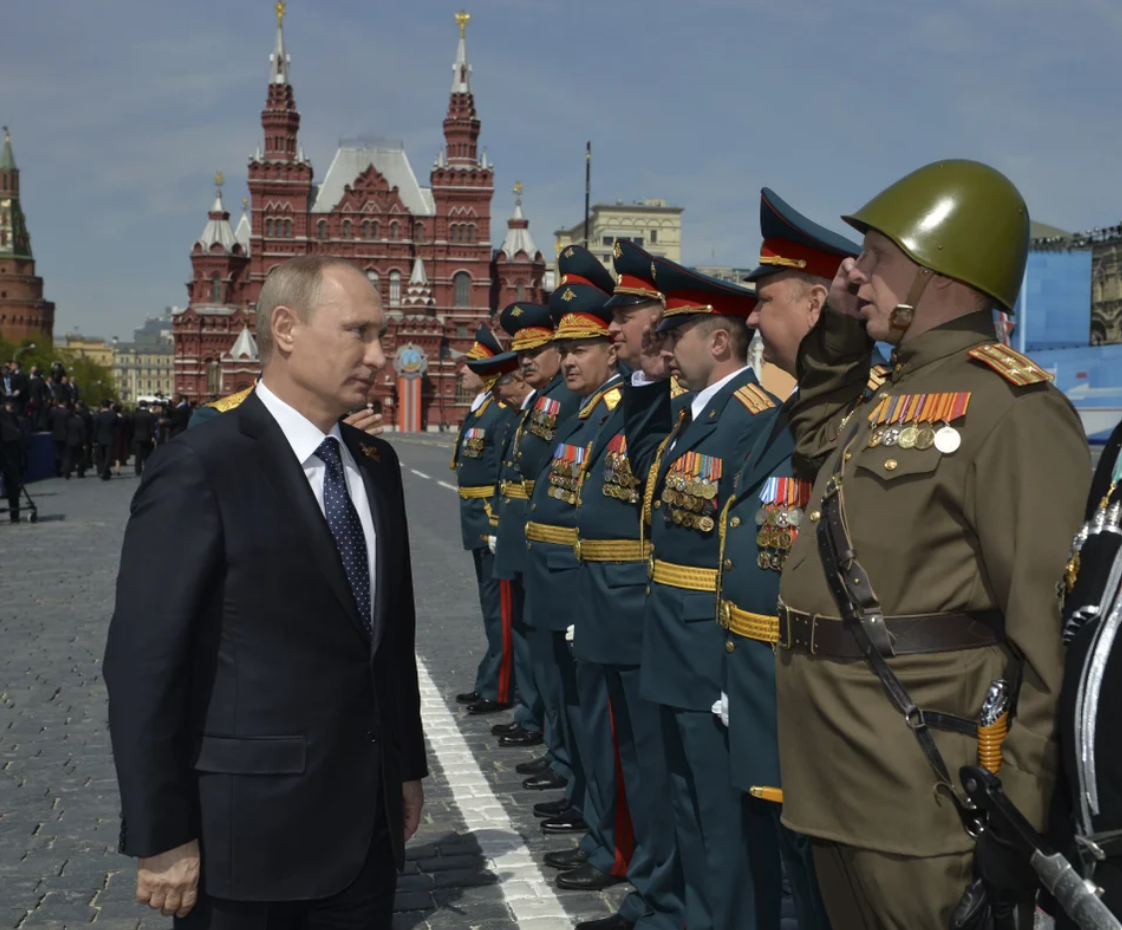Image: Reddit
There is claiming that there are no intelligent generals in Putin's military. Intelligent people are always threat, and Putin doesn't want threats around him. He wants people who are doing what he says when he says. And that denies the use of own brains. There is a tale in Novaya Gazeta that even Russian leaders don't trust their military. Putin's leadership style follows faithfully the same style. That was in use in the tsar and Soviet armies. The top thing in the Russian command system is political trustworthiness. That means the commanders have no right to say anything against their leaders.
That kind of attitude doesn't favor initiative people. It favors people who are not willing to take responsibility for their actions. And that is the problem with the Russian military.
And that lack of initiative actions and thinking gives a great opportunity to "yes men" whoever think themselves. The key element to earning political trustworthiness is just to make everything and only things that superiority officers or higher ranking officers are saying. And another thing is that the officers must not update their education.
That thing caused a terrible loss to the tsars navy in the Tsushima naval battle in 1905, where Russian officers were not prepared for the Japanese torpedo boats. And that caused the entire fleet sank by Japanese torpedoes. If things like initiative education are forbidden. That causes problems.
Another remarkable thing in the Russian-style command is that information goes only one way. The higher-ranking officers are giving orders, and they might not even want to hear reports that something goes wrong. That means the troops might try the same thing again and again causing terrible losses. The major problem in the Russian command culture is that commanders don't want to grant their mistakes. Granting the mistake is a weakness. And that's why the Russian military can make big losses on battlefields.
This is one of the reasons why Putin started the invasion of Ukraine. The philosophy behind this kind of decision is simple. When a decision is made nothing can change it. If Putin would change or pull that order back that is against his authority. And that cannot be accepted, in that country.
The role of people like ministers in Russia is just to give pieces of advice to Putin. And decisions are made by Putin himself. If Putin believes his advisors that shows that he cannot do everything. That is like giving the command to that advisor. Putin's philosophy is that the henchmen's role is just to please him. If that is not clear. The henchmen must go.
So those advisors are told Putin just what he wants to hear. And there is the possibility that some commanders are giving false reports of the attack capacity of their troops. And there is the possibility that some commanders are inflated their success. The fact is that Putin is dependent on the reports that his henchmen are giving him.
And that makes him vulnerable. If commanders are telling lies about their success, that causes the wrong estimation of the situation. And the problem is that. The commanders would not want to lose their jobs or die because they are making mistakes. So they are giving false information to their superior officers and Putin himself.
And this is one of the reasons why he continues his offensive without caring about losses. Accepting the reality that the mission failed is a weakness. And the Russian masculine military cannot accept weakness. So that's why the Russian military sends more and more men to war which is one of the saddest in history.





No comments:
Post a Comment
Note: Only a member of this blog may post a comment.